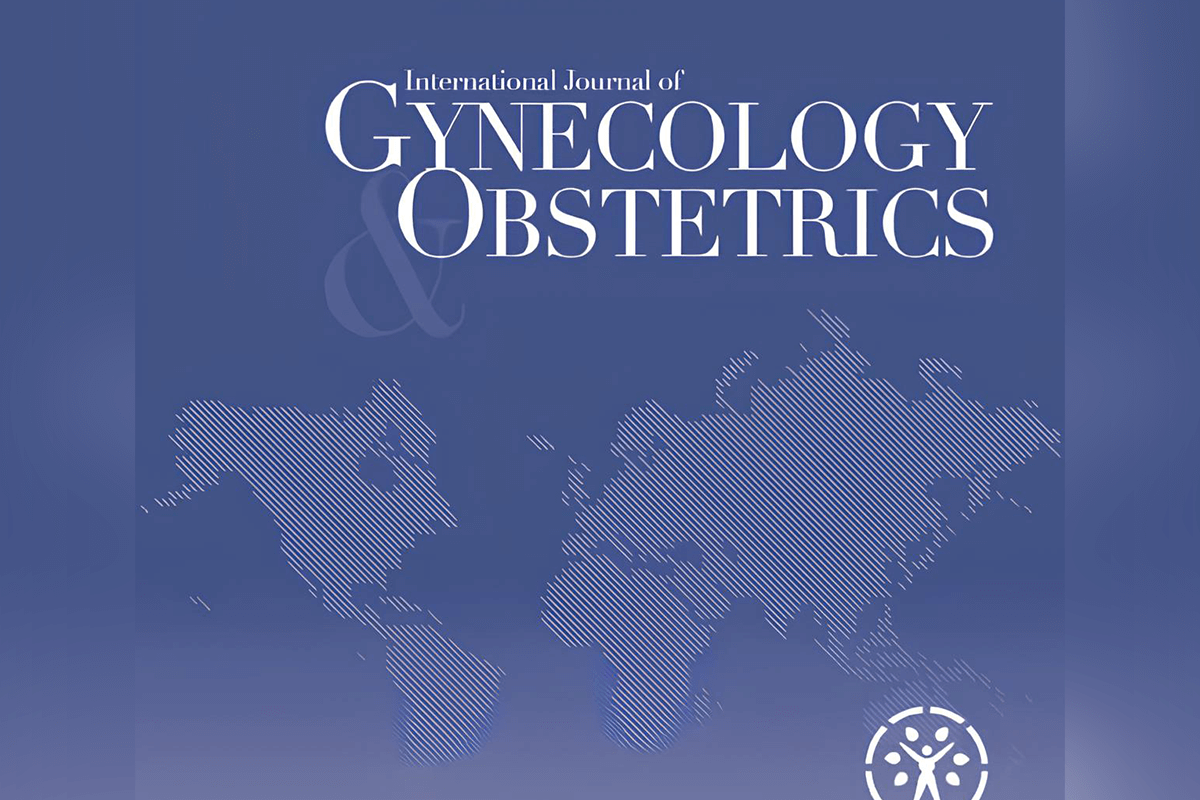
by Godfrey Dalitso Kangaude, Catriona Macleod, Ernestina Coast and Tamara Fetters
International Journal of Gynecology & Obstetrics 159:3 (December 2022): pp.998-1004.This article appeared in the IJGO section: Ethical and Legal Issues in Reproductive Health.
The full text is available at: IJGO December 2022.
Abstract
Minor girls in Africa face challenges in accessing high-quality contraceptive and abortion services because laws and policies are not child-friendly. Many countries maintain restrictive laws, policies or hospital practices that make it difficult for minors to access contraception and safe abortion even when the pregnancy would risk their life or health. Further, the clinical guidelines on contraceptive and abortion care are silent, vague or ambiguous regarding minors’ consent. African states should remedy the situation by ensuring that clinical guidelines integrate child rights principles and standards articulated in child rights treaties to enable health providers to facilitate full and unencumbered access to contraceptive and abortion care for minor girls. A sample of clinical guidelines is analyzed to demonstrate the importance of explicit, consistent and unambiguous language about children’s consent to ensure that health care workers provide sexual and reproductive health care in a manner that respects child rights.
From the Introduction
Some 22 years ago, this journal carried an article that expressed concern about the “widespread failure of national healthcare services to address the issue of adolescent pregnancy, childbirth and sexually transmitted infections (STIs)” (p. 13). The authors encouraged governments to comply with the international legal instruments on the rights of the child, including recognizing adolescents’ capacity to decide about their sexual and reproductive health care. Adolescent girls’ access to contraceptive and abortion care is still a pressing problem in Africa.
Adolescent pregnancy and childbearing have serious health and social consequences for girls, including complications of pregnancy and birth, child marriage, intimate-partner violence, and mental health issues. Complications in pregnancy and childbirth are the leading cause of injury and death among girls aged 15 to 19 in African countries. The risk of complications from abortion is highest in sub-Saharan Africa, where more than three quarters (77%) of all abortions are unsafe. Adolescents are more likely to experience complications than older women, because they are more likely to delay seeking an abortion, encounter barriers to accessing safer services, use less safe methods, and present late when complications arise. Yet, access to high-quality child-friendly sexual and reproductive health services provided by well-trained health providers could transform the situation. This article focuses on contraceptive and abortion care for minors.
African countries that have ratified the Protocol to the African Charter on Human and Peoples’ Rights on the Rights of Women in Africa (Maputo Protocol), the United Nations Convention on the Rights of the Child (UNCRC), and the African Charter on the Rights and Welfare of the Child (ACRWC), have an obligation to ensure that minor girls have access to contraceptive and abortion care. The legal and policy recommendations by the World Health Organization (WHO) in its 2022 abortion care guideline reinforce support for integrating child rights standards in the provision of contraceptive and abortion care.
Using a sample of three countries, Malawi, Zambia, and South Africa, this article demonstrates how clinical guidelines on contraceptive and abortion care should comply with child rights standards. It comparatively analyses the drafting of the clinical guidelines and discusses how the language fosters the realization of child rights on access to contraceptive and abortion care. The discussion draws on child rights principles explained in the general comments published by three treaty-monitoring bodies: the African Commission on Human and Peoples’ Rights (ACHPR), the Committee on the Rights of the Child (CRC) and the African Committee of Experts on the Rights and Welfare of the Child (ACERWC).
In this article, ‘adolescent’ means a person between the ages of 10 and 19, while ‘child’ is a person below the age of 18, in accordance with the ACRWC (Art. 2).
‘Child’ and ‘minor’ are used interchangeably. Abortion care includes health facility-based induced abortion and post-abortion care.



